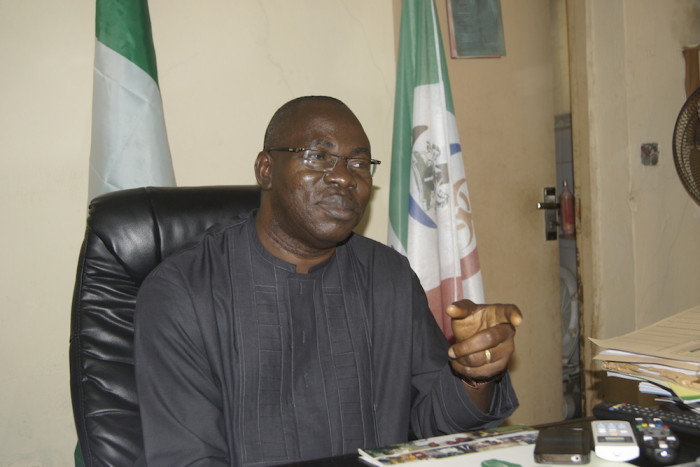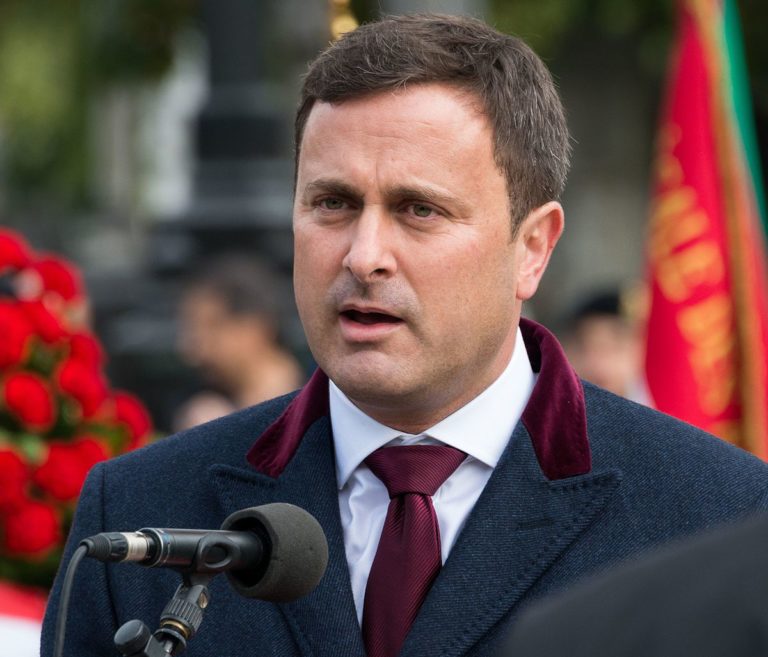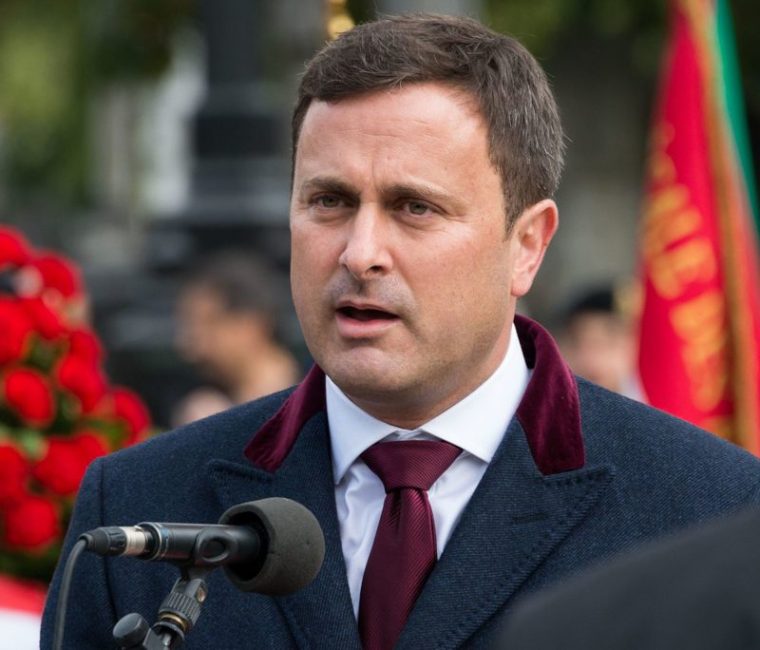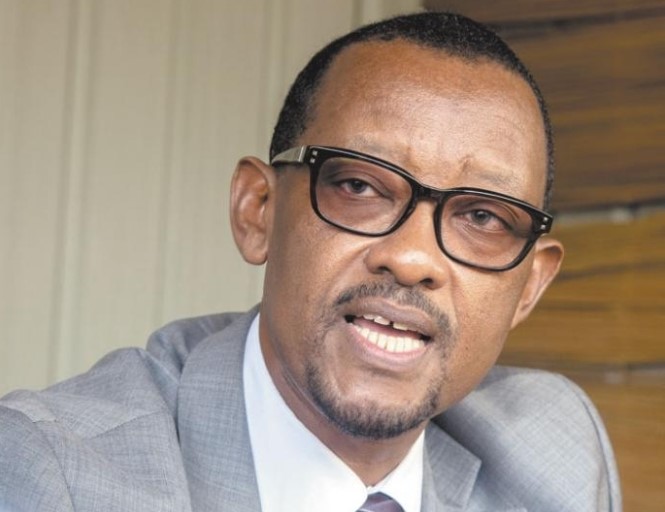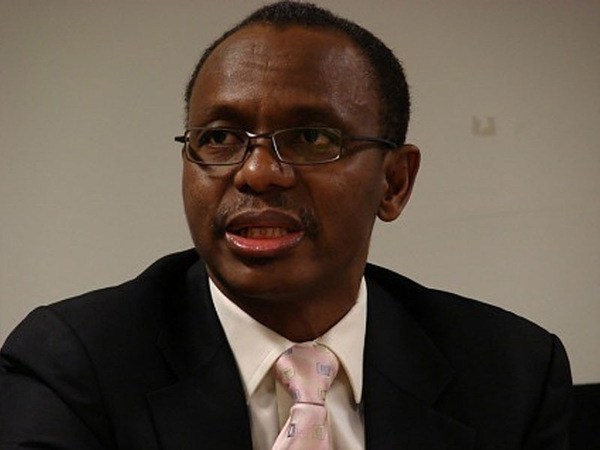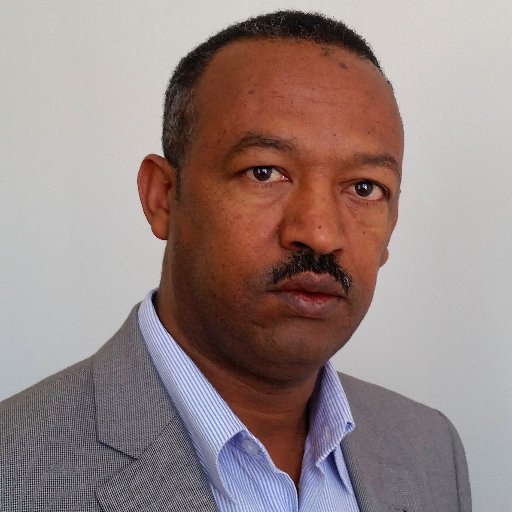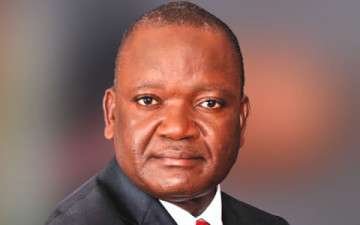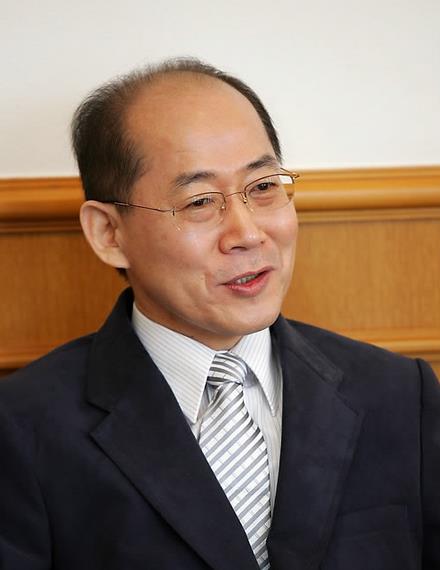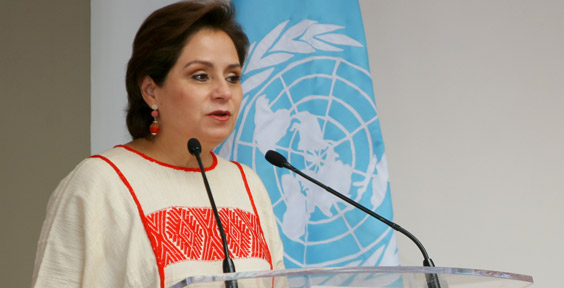Limiting global warming to below 2°C in line with the Paris Agreement provides the only chance for the survival of coral reefs, warns David Obura, Chair of the International Union for Conservation of Nature (IUCN)’s Coral Reef Specialist Group, in a recent article in the journal Science.
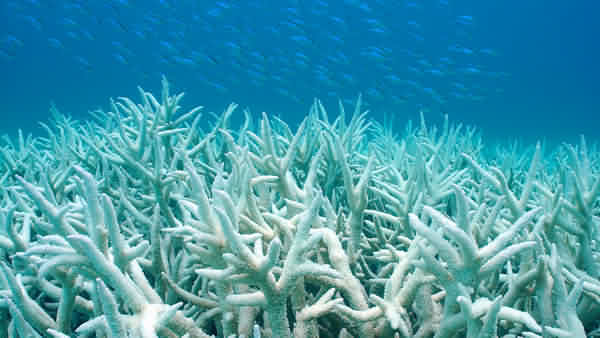
Latest data show that globally reefs have a chance of long-term survival if warming is limited to under 2oC, though even this may be too little too late for many reef systems.
“We are on the doorstep of a world without coral reefs and the only way to avoid this is through the full implementation of the Paris Agreement,” says IUCN Director General, Inger Andersen. “We cannot afford to lose these uniquely rich ecosystems which provide food, livelihoods and coastal protection to 500 million people worldwide.”
As well as limiting warming the world must also deal with non-climate threats to reefs, such as pollution and overfishing, to give them a chance of survival, the Science editorial warns. To tackle these threats, economic systems must become sustainable and circular, minimising waste as well as emissions, in line with the Sustainable Development Goals (SDGs).
“We need urgent global action to curb greenhouse gas emissions if we are to help reefs survive the devastating wave of coral bleaching we have seen over the last three years, and that will further intensify in the future,” says David Obura. “The Paris Agreement and the Sustainable Development Goals provide a framework for that action. World leaders must now stand behind these commitments if coral reefs are to survive the Anthropocene.”
He also points to the need for grassroots and large-scale conservation initiatives throughout the tropics to help ensure reef survival. Frontier research, such as efforts to accelerate genetic selection towards heat-resistant corals, is also needed, he writes.

